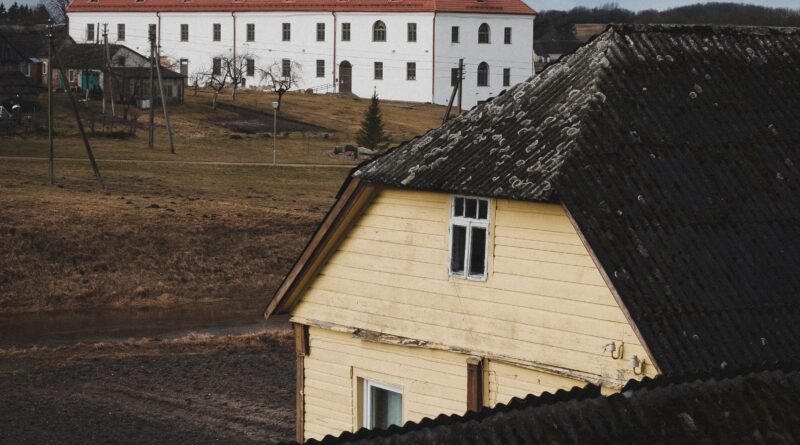Solutions to achieve a breakthrough in the regions
On Friday, in a remote meeting with the new Minister of the Interior Agnė Bilotaitė and her team, the leadership of the Lithuanian Confederation of Industrialists (LPK) discussed regional policy formation, improvement of migration procedures and other issues important to industry and business in the areas under the Ministry.
“We have to admit that so far regional policy in our country has been left out year after year. We especially appreciate the fact that, given the extensive coverage of the areas under the Ministry of the Interior and the attention required by emergency management at this stressful time, the Minister and her team not only found time to talk about the future of the regions, but also granted that plans will be turned into a real breakthrough. This is particularly important that we are talking now about both the damage caused by the pandemic and the new EU financial perspective and the resources allocated to regional policy. The priorities and actions will depend on whether they will ultimately be used to new fountains and renovation of empty schools in the towns or to focus on the transformation of businesses that are still alive and the creation of new jobs. We hope that attracting national and foreign investments to the regions will become one of the most important priorities of the Government,” notes Vidmantas Janulevičius, President of LPK.
During the meeting with the Minister, the LPK’s proposals for the plan of measures for the implementation of the Government’s 2020-2024 program were discussed. The plan emphasizes the need to promote the growth of regional industrial centres by attracting investments to these centres. It was called for regional funding to be closely linked to the formation and implementation of regional policy. That can be done by devolving the management of part of the budget to the responsibility of municipalities.
LPK emphasizes the need to strengthen the administrative capacity of municipalities and regional development councils by ensuring business representation in regional development councils. It also advocates that public administrations be encouraged to involve the socio-economic partners in regional policy-making to establishing permanent centres of excellence in the regions as a tool for sustainable regional development.
In the field of demography and migration, the LPK proposes to delegate the formation of migration and demography policy and the implementation of related programs to one specific institution. The overall immigration flows should increase to compensate the constant general decline in population and working-age population and ensure positive migration balance (+11 thousand or more). When simplified conditions for qualified specialists to come to Lithuania and find employment in those areas where there is a shortage of employees in Lithuania is created, the total population starts to grow from 2025.
In its proposals, the LPK also noted the need to hold a separate discussion on quotas applied to foreigners coming to Lithuania to work according to the profession included in the list of professions for which there is a shortage of employees in Lithuania. Representatives of the LPK noted that the quotas set from 1 January this year for some sectors do not correspond to the real need at all.




